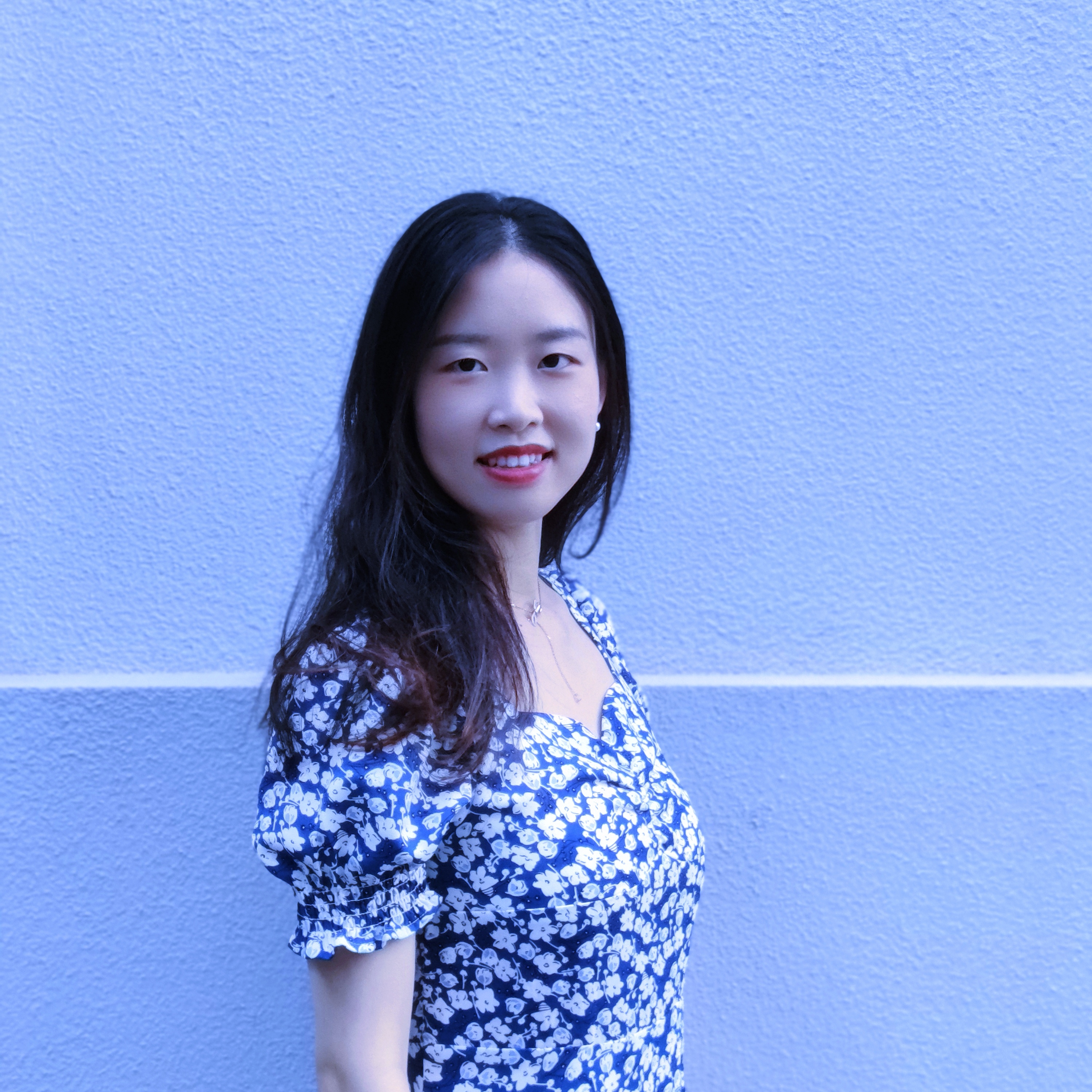Research
Working Papers
Fangwen Lu, Haiyan Zhang, Ye’an Zhou, “Growing by Mentoring: the Effect of Mentoring Program on Mentors,” 2022. (Job Market Paper)
Abstract: We organized an online mentoring program in which college students from an elite university provided voluntary assistance to middle school students from a less-developed area in China. By designing a random phase-in for college students and a random match between mentors and mentees, this study provides a comprehensive evaluation of the effect on mentors. We find that a one-semester mentoring service significantly improves mentors’ ability in providing support, increases their appreciation of others’ anti-poverty efforts, induces more egalitarianism in the redistribution, increases their compromise between equality and efficiency, and generates familiarity preference. Specific personal experience matters; inexperienced mentors and those who encountered difficulties in communication were more affected. Mentors who observed different links across mentees’ academic performance, effort, and family background leaned in different directions in terms of fairness views, and their preference for equality and efficiency depended on whether mentees made good use of the mentoring program.Fangwen Lu, Yilei Luo, Bin Miao, Haiyan Zhang, “Belief, Feedback, and Academic Performance: Evidence from a Randomized Field Experiment,” 2022.
Abstract: This paper studies the impact of providing feedback on midterm test scores to college students on their subjective beliefs and subsequent performance in a randomized experiment, with a focus on the role of feedback preference. Students in an undergraduate econometric course were asked to fill out two surveys – a baseline survey after the midterm exam but before the test score was announced, and a follow-up survey after the intervention but before the final exam. The intervention is to inform a random half of students of their own midterm test scores individually without letting them know the overall distribution and their relative ranking (defined as the percent of students having scores below self). Questions related to absolute scores and relative ranking are all incentivized and we paid students for accuracy after the final exam. We have the following findings. First, more than one third of students exhibit feedback avoidance. Second, students with higher ability (prior) are more likely to prefer feedback. Third, after receiving their test scores, the overconfident students over-adjust their prediction on relative midterm ranking to an under-confident level, while the underconfident students raise their prediction on that. Furthermore, among the ex-ante overconfident students, the intervention not only shift their predicted final ranking downwards, but also worsen the actual ones. Forth, the deteriorating effect of the intervention concentrates among the part of ex-ante overconfident students who prefer feedback. We finally analyze the theoretical implications by discussing how these observed patterns shed light on the existing models on belief updating and information preference.
Fangwen Lu, Haiyan Zhang, Dehua Wang, “Delayed Tax Rebates, Cash Flow and Corporate Spending: A Quasi-experiment from China,” Revise & Resubmit at China Economic Review, 2022.
Abstract: We study how firms responded to a pure liquidity shock after the Chinese government started to pay its outstanding export tax rebates in 2004. Our analytical strategy relies on the interaction between the time variation in the national repayments and cross-sectional variation in firms’ pre-sample export share. The results show that the repayments increased cash flow, which encouraged firms to raise their R&D expenses and spending on executive perks. Compared with private firms, state-owned enterprises invested less in R&D, but spent more on executive perks. Our study is a step toward understanding the effect of the timing of tax-related actions.
Work in Progress
- “Why Low-performance Students Refuse Help? The Role of Social Preference,” with Fangwen Lu & Yean Zhou.
- “Straw burning, UAV Patrol and PM2.5: Evidence from China.”
- “Revealing Stereotypes: Experimental Evidence from Employers,” with Fangwen Lu & Bin Miao.
- “The Welfare Effects of Asking: Experimental Evidence from Volunteers,” with Fangwen Lu & Bin Miao.
